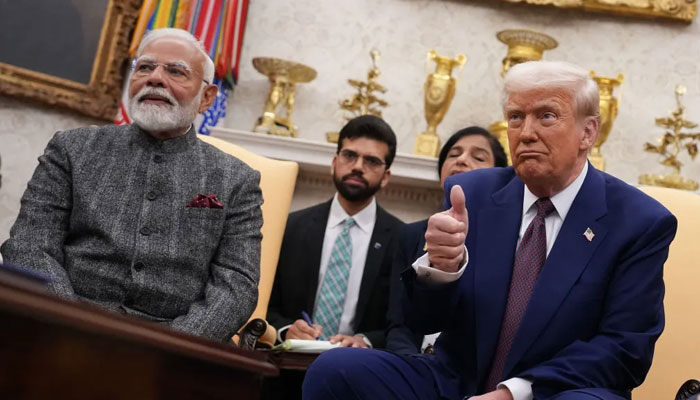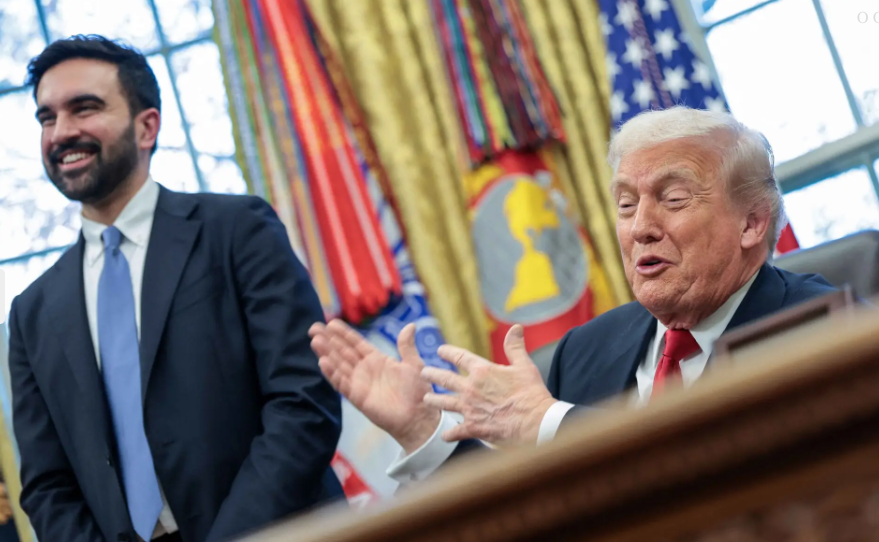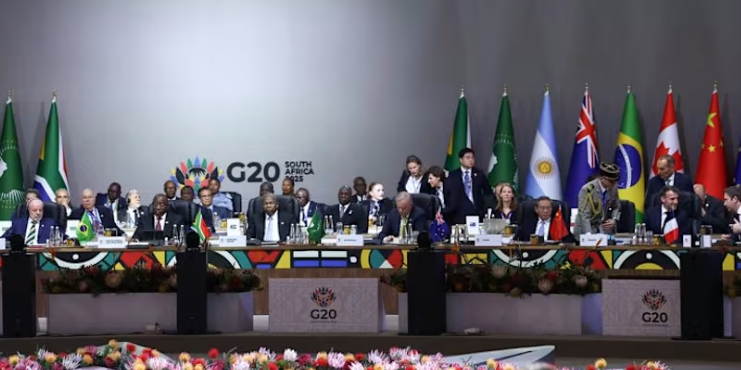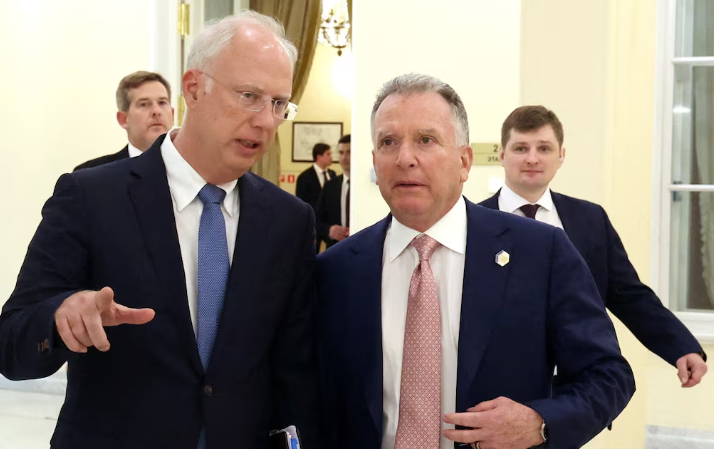WORLD NEWS

long touting its independent foreign policy, has reversed its stance on buying Russian oil, following pressure from the United States, according to multiple media reports.
The Modi government’s decision reportedly renders a 10-year Russian oil contract effectively obsolete, affecting Indian companies including Reliance Industries, whose operations have relied heavily on Russian crude.
Shift to Middle Eastern and U.S. Oil
Reliance will now run its refineries on non-Russian crude oil starting December 1, importing from the Middle East and potentially the United States. U.S. experts have described this as a major concession for Washington, aligning India with American sanctions and strategic priorities.
Economic Implications
The move will increase costs for Indian companies, as Middle Eastern crude is significantly more expensive than discounted Russian oil. Media reports estimate that Reliance alone had over $33 billion in Russian oil deals over the years, generating substantial profits.
U.S.-India Trade Dynamics
Reports suggest that the Trump administration had made it clear that progress on a U.S.-India trade deal would be contingent on India halting Russian oil imports. The decision signals India’s willingness to accommodate U.S. strategic and economic interests, despite domestic gains from cheaper Russian energy.
Broader Context
India had continued purchasing Russian oil even amid Western sanctions, asserting its independent foreign policy stance. However, escalating trade and diplomatic pressures from Washington, including potential 50 percent tariffs, reportedly compelled Modi’s administration and business allies like Mukesh Ambani to comply with American directives.
This policy reversal underscores the delicate balance India faces between energy security, economic interests, and strategic ties with the U.S., as global geopolitics increasingly influence national energy policies.




